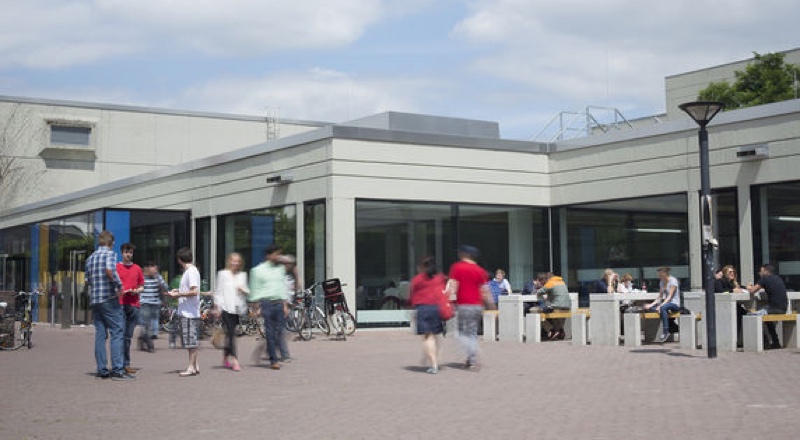Linguistics
Master of Arts

Short description
The consecutive Master's programme in Lingustics at Heinrich Heine University builds on a previous successful Bachelor's programme in Lingusistics and is aimed at scientifically interested students.
This four-semester study programme with the Master of Arts (M. A. ) can be started in the summer and winter semesters.
Entry/Admission requirements
Prerequisite is a Bachelor's degree in Integrative Linguistics or a comparable degree course with an overall grade of 2. 5 or better.
Good English language skills are essential.
The studies can be started in the summer and winter semesters.
You can find further information on the degree programmes in the Homepage of the General Linguistics.
Programme content
The integrative Master's degree in Linguistics is research-oriented and is based on a Bachelor's degree in Linguistics. It introduces students to current research and creates the conditions for independent scientific work. In addition to expanding their general specialist knowledge, students acquire special knowledge and skills in a field of linguistics. In addition, they acquire in-depth knowledge of individual languages and additional methodological skills. By holding a tutorial as part of a team project, students are trained in university teaching techniques and teamwork in general. The content of the Master's programme in Linguistics is divided into seven modules. In six of the seven modules, courses that are related thematically, methodologically or systematically are bundled together. The team project is the seventh module.
The prerequisite for admission is a Bachelor's degree in Linguistics or a comparable degree programme with an overall grade of 2. 5 or better. Alternatively, access can be gained via a placement test. Good English language skills are also required. The programme can be started in the summer and winter semesters.
As a student of this Master's programme, you will be trained as a scientist who is able to carry out research tasks independently at universities, research institutions or in industry. A doctoral degree can be taken up if the graduation results are good.
Programme structure
The course is theoretically oriented and, on the basis of a bachelor's degree in linguistics, conveys the ability to work independently as a scientist, including initial teaching experience.
The course has five components:
Professionalization in General Linguistics
Creation of a special field in general linguistics - currently morphology/; syntax/; typology (Prof. Kilu von Prince), semantics/; pragmatics (Prof. Filip), computational linguistics (Prof. Kallmeyer), phonetics/; phonology (Jun. -Prof. van de Vijver), neuro/; psycholinguistics (Prof. Indefrey)
Specialization in the linguistics of a single language (English, French, Italian, Spanish, German) Improvement of language practice in a foreign language (e. g. English, French, Italian, Spanish, Japanese, German as a foreign language)
Didactic internship in the form of a tutorial on a course of the Bachelor's programme in a team of tutors.
Winter semester
Summer semester
4 semesters
English
Admission-free with aptitude assessment in the application portal
Summer: 02.11.-01.06. / Winter: 02.05.-15.12.
16/01/2024 - 05/04/2024
15/01/2024 - 15/02/2024
Student Services Center (SSC)
Building: 21.02 / SSC
Phone +49 211 81‐12345
For questions regarding the course of studies and for examination issues:
Student and Examination Administration
Contact Examination Administration

